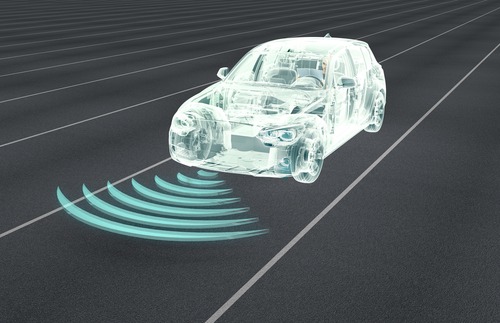
The Pennsylvania Senate Transportation Committee recently held a hearing on Senate Bill 965, which would authorize research institutions and companies to test and deploy Highly Automated Vehicles (HAVs).
The bill would codify the Pennsylvania Department of Transportation’s (PennDOT) HAV testing guidance, define PennDOT’s regulatory processes to oversee the deployment phase, require a minimum of $1 million in insurance coverage, and study the workforce impacts and mobility improvements for persons with disabilities. The bill also clarifies that an HAV only applies to a firm, co-partnership, association, corporation, or research institution.
Self-driving vehicles on Pennsylvania highways would be permitted to operate without a driver available to take over in an emergency.
Industry stakeholders testified at the hearing.
Proponents emphasized the opportunity HAVS present for job creation and mobility for underserved communities, such as the disabled and elderly.
Labor groups, such as the American Federation of Labor and Congress of Industrial Organizations, oppose the bill. Committee members raised concerns about how the legislation would impact union jobs.
State Sen. Wayne Langerholc, Jr. (R-Johnstown), Pennsylvania Senate Transportation Committee chairman, introduced the bill on Jan. 5. The committee advanced the bill on Jan. 25. It moves to the full Senate for consideration.
HAVs have been tested in Pennsylvania for five years.